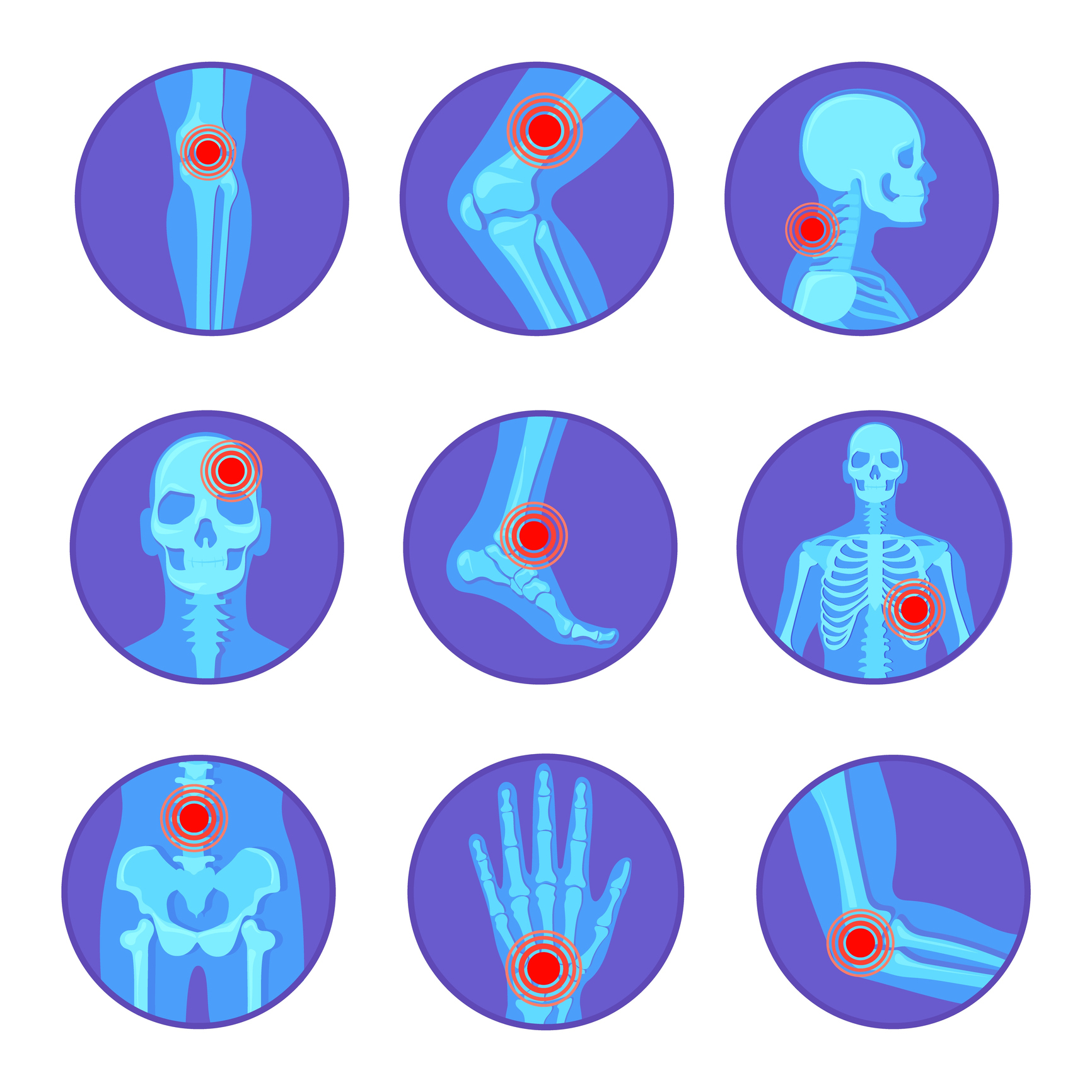To identify and describe patients’ health literacy profiles with rheumatic diseases and explore whether the identified health literacy profiles can be generalized to a broader rheumatology context. Patients with rheumatoid arthritis, spondyloarthritis, and gout from three hospitals in different regions in the Netherlands completed the Health Literacy Questionnaire (HLQ). A multinomial regression model with the identified health literacy profiles as the dependent variable was fitted to assess whether patients with a given disease type or attending a given hospital were more likely to belong to a specific profile.
Among 895 participating patients, the lowest mean HLQ domain scores (indicating most difficulty) were found for “Critical appraisal,” “Navigating the health system,” and “Finding good health information.” The ten identified profiles revealed substantial diversity in combinations of strengths and weaknesses. While 42% of patients scored moderate to high on all nine domains (profiles 1 and 3), another 42% of patients (profiles 2, 4, 5, and 6) struggled with one or more health literacy aspects. Notably, 16% (profiles 7 to 10) exhibited difficulty across most health literacy domains.
Ten distinct health literacy profiles were identified among patients with rheumatic diseases, independent of disease type and treating hospital. These profiles can be used to facilitate health literacy intervention development in rheumatology.


